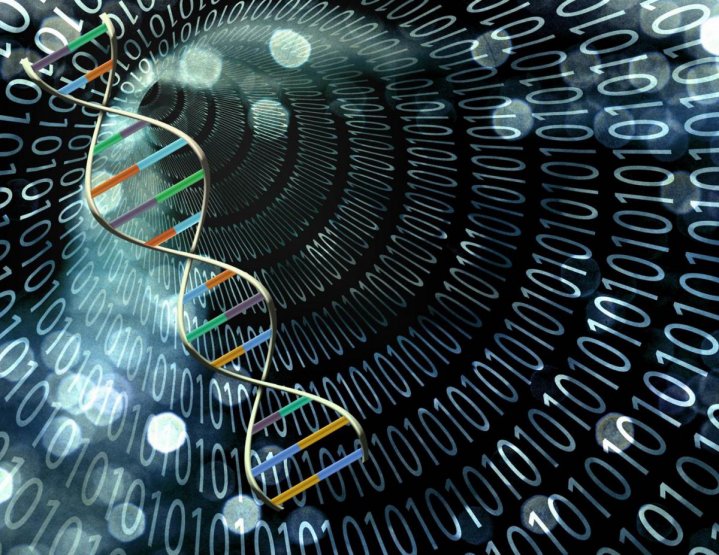
The biology classes of the future are really going to be a complex affair because very soon words like DNA and cell replication jargons are not going to be talking about flora and fauna but also about computers. Scientists have gone ahead and managed to create a computer that is not only able to compute complex algorithms better than the present machines but is also made of DNA molecules.
Researchers from The University of Manchester in the UK has stumbled upon a breakthrough experiment that indicates that creating a UTM (Universal Turing Machine) using DNA molecules is actually possible. Alan Turing, who was a huge part of the University in the 1940s, is considered to be the father of computer science and he is the one, who created the first stored memory electronic computer.
"Imagine a computer is searching a maze and comes to a choice point, one path leading left, the other right. Electronic computers need to choose which path to follow first, but our new computer doesn't need to choose, for it can replicate itself and follow both paths at the same time, thus finding the answer faster," said Professor Ross D King, from The University of Manchester.
Such a computing machine would translate into an exponential boost in speed over both electronic and quantum computers. Though it has been the topic of debate in scientific communities lately, the Manchester breakthrough is the first time that it has been proved.
How did something that was till now a theoretical possibility made into a practical reality? Professor King is certain that it is actually plausible, "This 'magical' property is possible because the computer's processors are made of DNA rather than silicon chips. All electronic computers have a fixed number of chips. Our computer's ability to grow as it computes makes it faster than any other form of computer, and enables the solution of many computational problems previously considered impossible," he added.
How does this innovation aim to change the world? The answer is by making giant leaps. According to King, "As DNA molecules are very small, a desktop computer could potentially utilise more processors than all the electronic computers in the world combined – and, therefore, outperform the world's latest and fastest supercomputer, while consuming a tiny fraction of its energy."
Professor Ross D King and his teams' research is going to be published in Journal of the Royal Society Interface. If it's really as good as they say it is, very soon, a computer with DNA molecules will be a reality rather than being just a far-fetched possibility.









